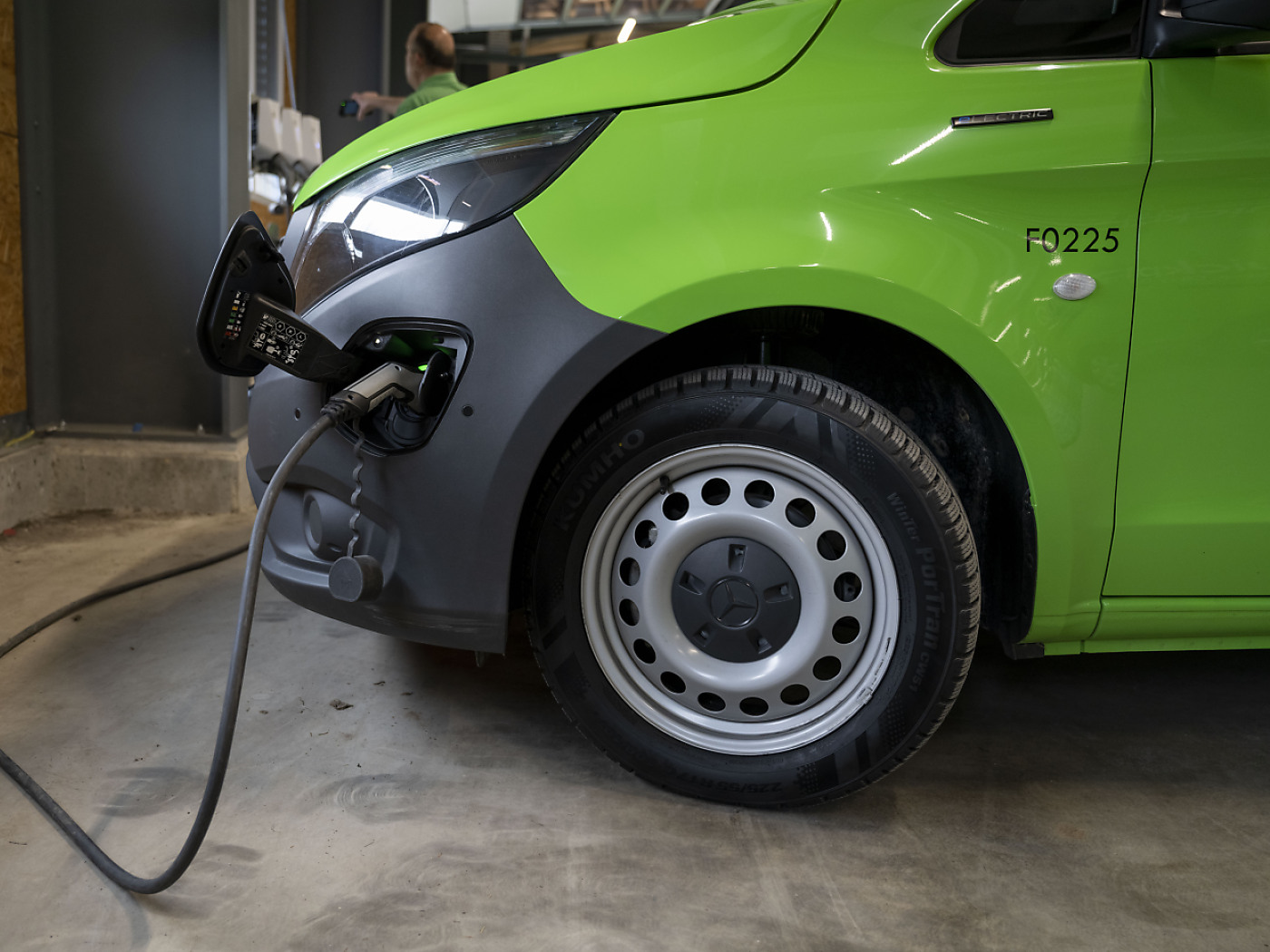
Low willingness in Switzerland to pay for ‘clean’ transport

There is little inclination in Switzerland to pay for transport powered by renewable energy and the lowest possible greenhouse gas emissions. This is the result of a study conducted by market research institute GfK on behalf of car importer Amag.
For 63% of respondents, so-called “renewable mobility,” in which Amag includes greenhouse gas emissions at the three stages of production, use and recycling, would be important.
+ Get the most important news from Switzerland in your inbox
However, willingness to shell out more for it is limited. About a third of respondents do not want to pay more for it. About 10% would be willing to fork out 4% more. About 20% could imagine paying up to 10% more, and just under a quarter would spend up to 15% more.
About 49% of respondents want climate-friendly sources of energy to power their cars, and for 39% the means of propulsion plays an important role, Amag points out: “More than 50 percent of respondents see electric transport as the technology of the future.”
Sales of electric cars have declined
However, actual car sales are currently putting a damper on electric transport: this year, the market share of purely electric vehicles fell to 18.7% at the end of September. A year ago, the market share was 19.8%.

More
Electric cars stall in Switzerland
The transition from combustion engines to electric transport requires safety and confidence, explains Helmut Ruhl, CEO of Amag. It requires a secure and affordable electricity supply, sufficient and easily accessible charging options, and attractive and affordable vehicles.
Discussions about a possible electricity shortage and complicated access to charging facilities for tenants and apartment buildings are restraining elements. Abolishing the import tax exemption on electric vehicles would also slow the spread of electric mobility, indicates Ruhl: “We can do better on all these aspects.”
According to a recent survey conducted by Sotomo, 75% of people in Switzerland can imagine in principle buying an electric car, Amag writes. However, only 23% intend to switch to electric mobility in the near future.
Adapted from Italian by DeepL/ac
This news story has been written and carefully fact-checked by an external editorial team. At SWI swissinfo.ch we select the most relevant news for an international audience and use automatic translation tools such as DeepL to translate it into English. Providing you with automatically translated news gives us the time to write more in-depth articles.
If you want to know more about how we work, have a look here, if you want to learn more about how we use technology, click here, and if you have feedback on this news story please write to english@swissinfo.ch.

In compliance with the JTI standards
More: SWI swissinfo.ch certified by the Journalism Trust Initiative






























You can find an overview of ongoing debates with our journalists here . Please join us!
If you want to start a conversation about a topic raised in this article or want to report factual errors, email us at english@swissinfo.ch.